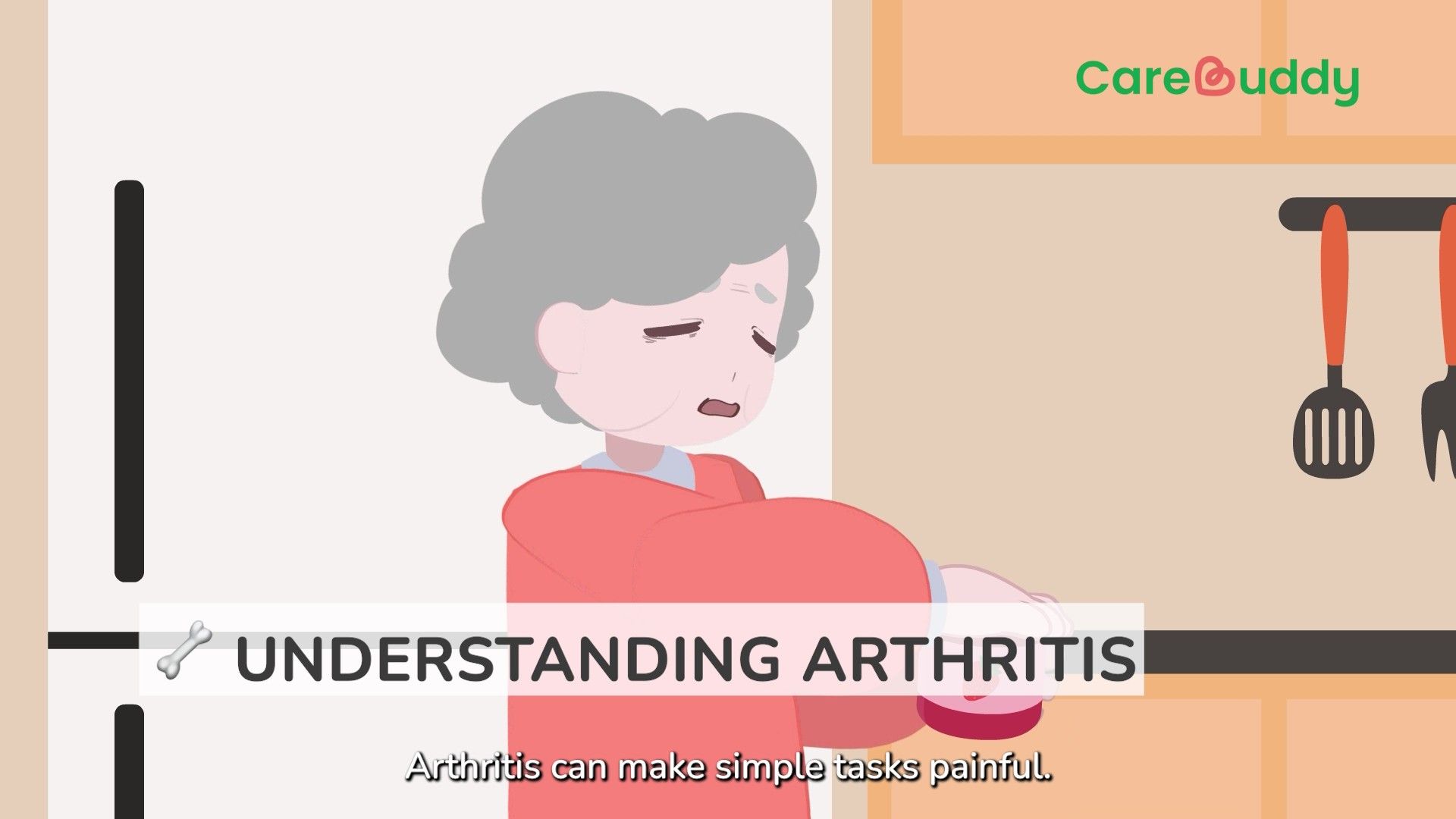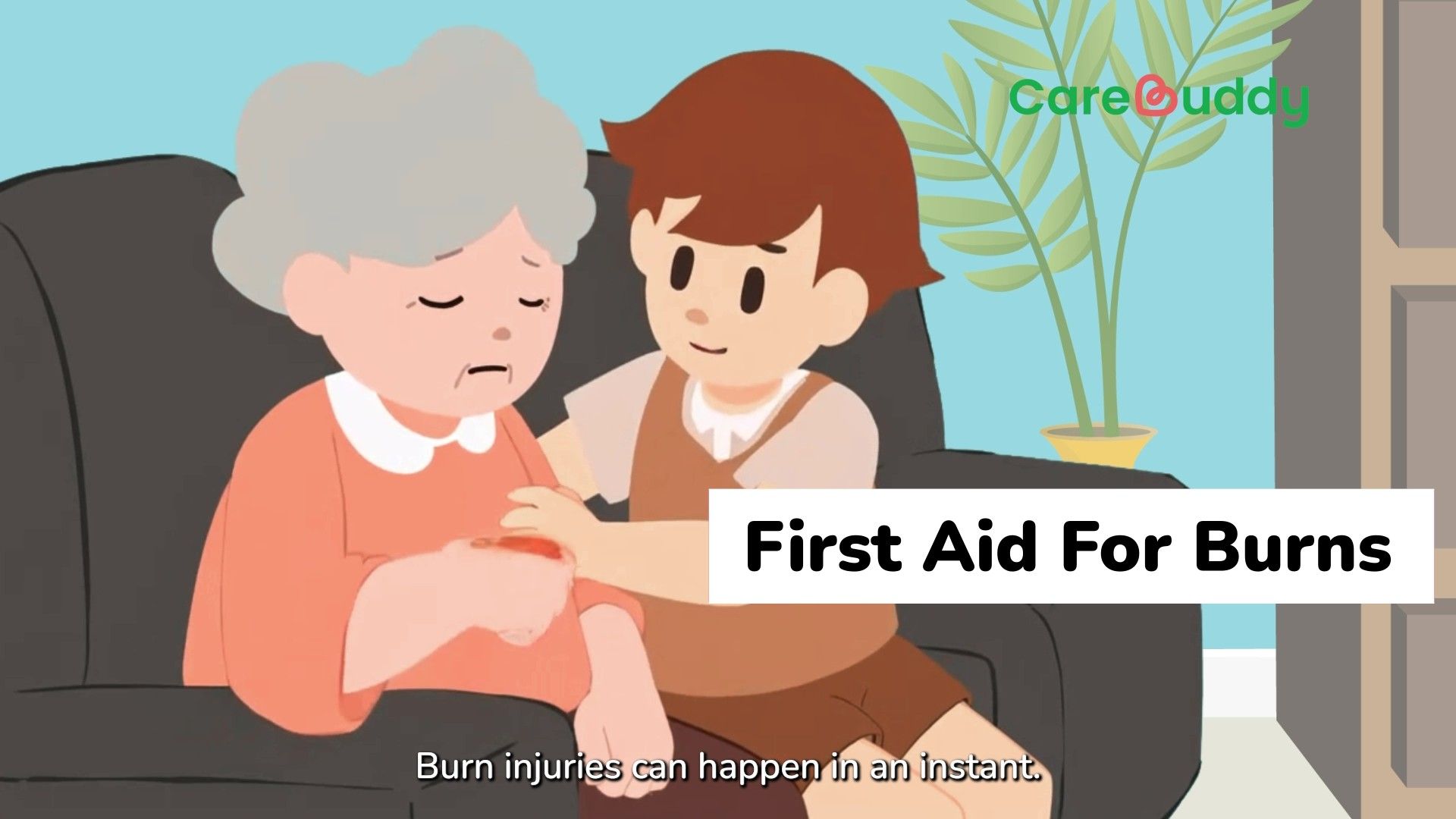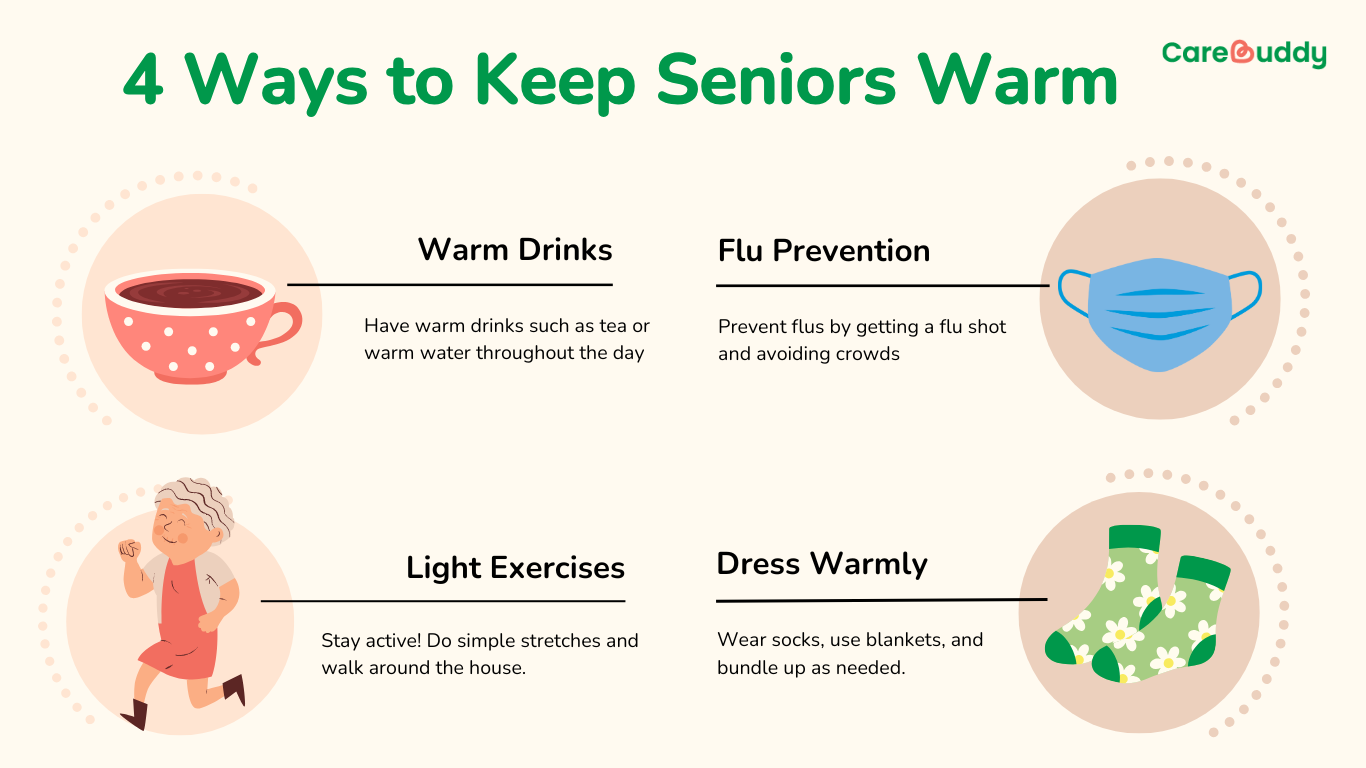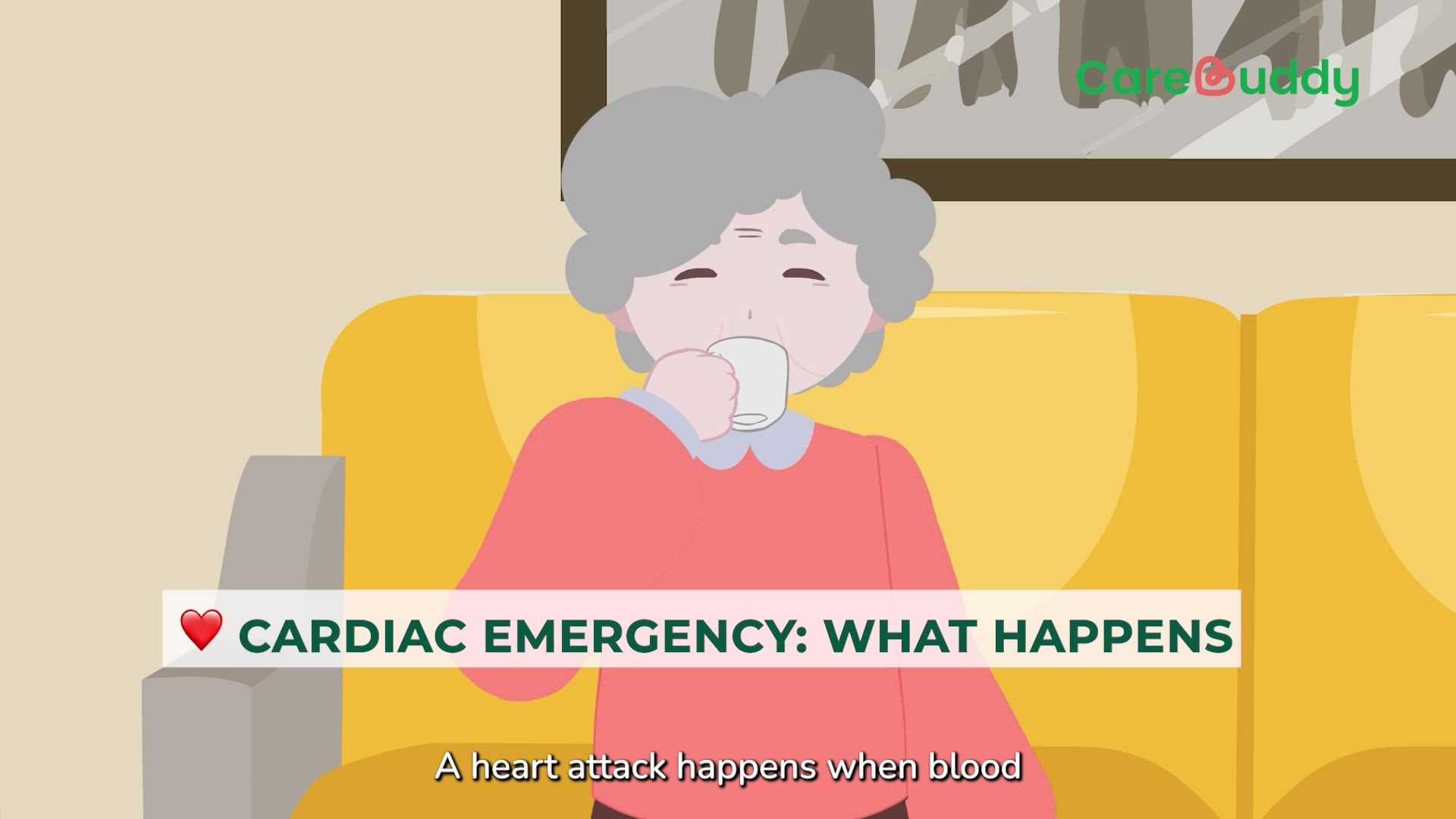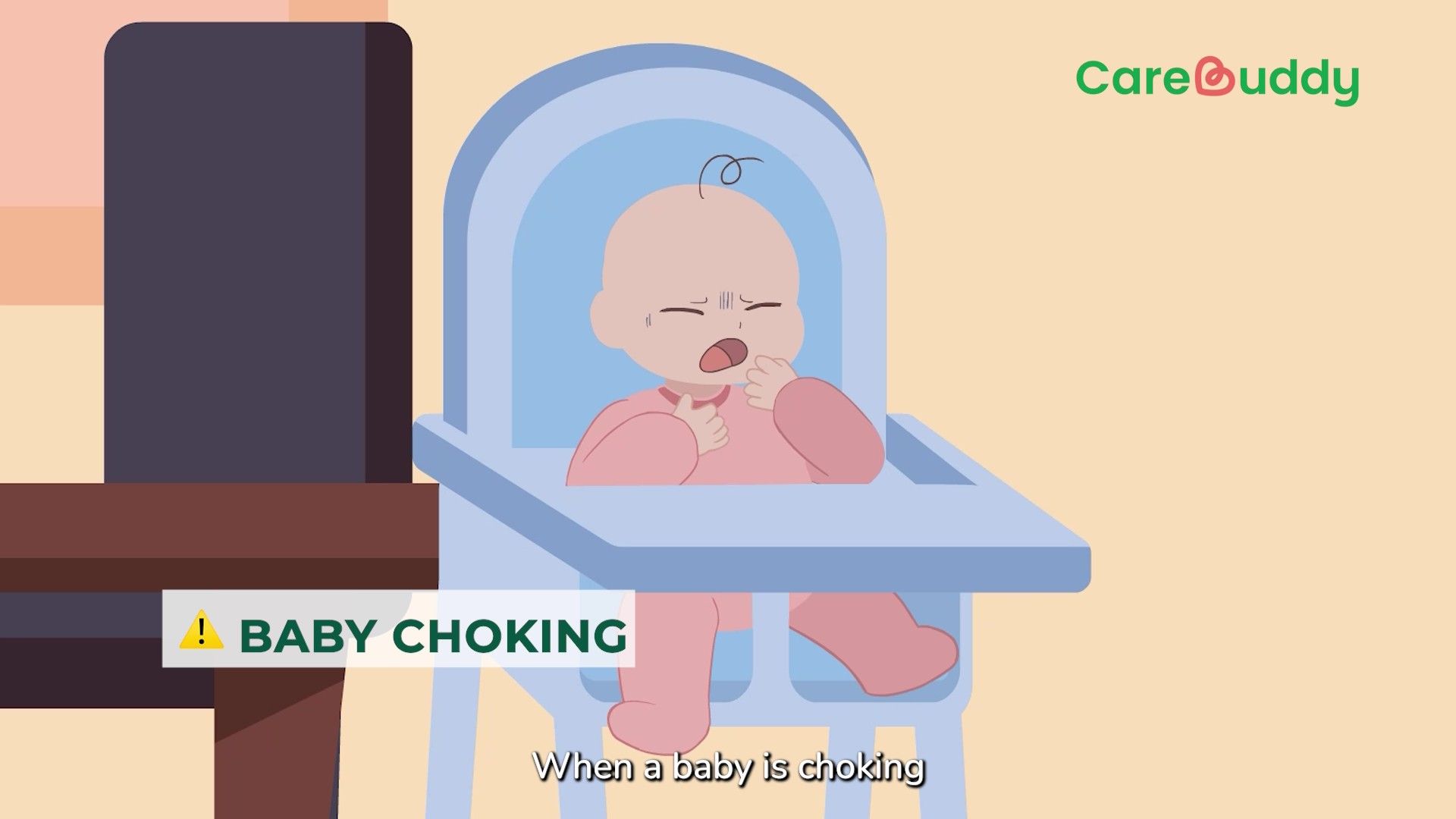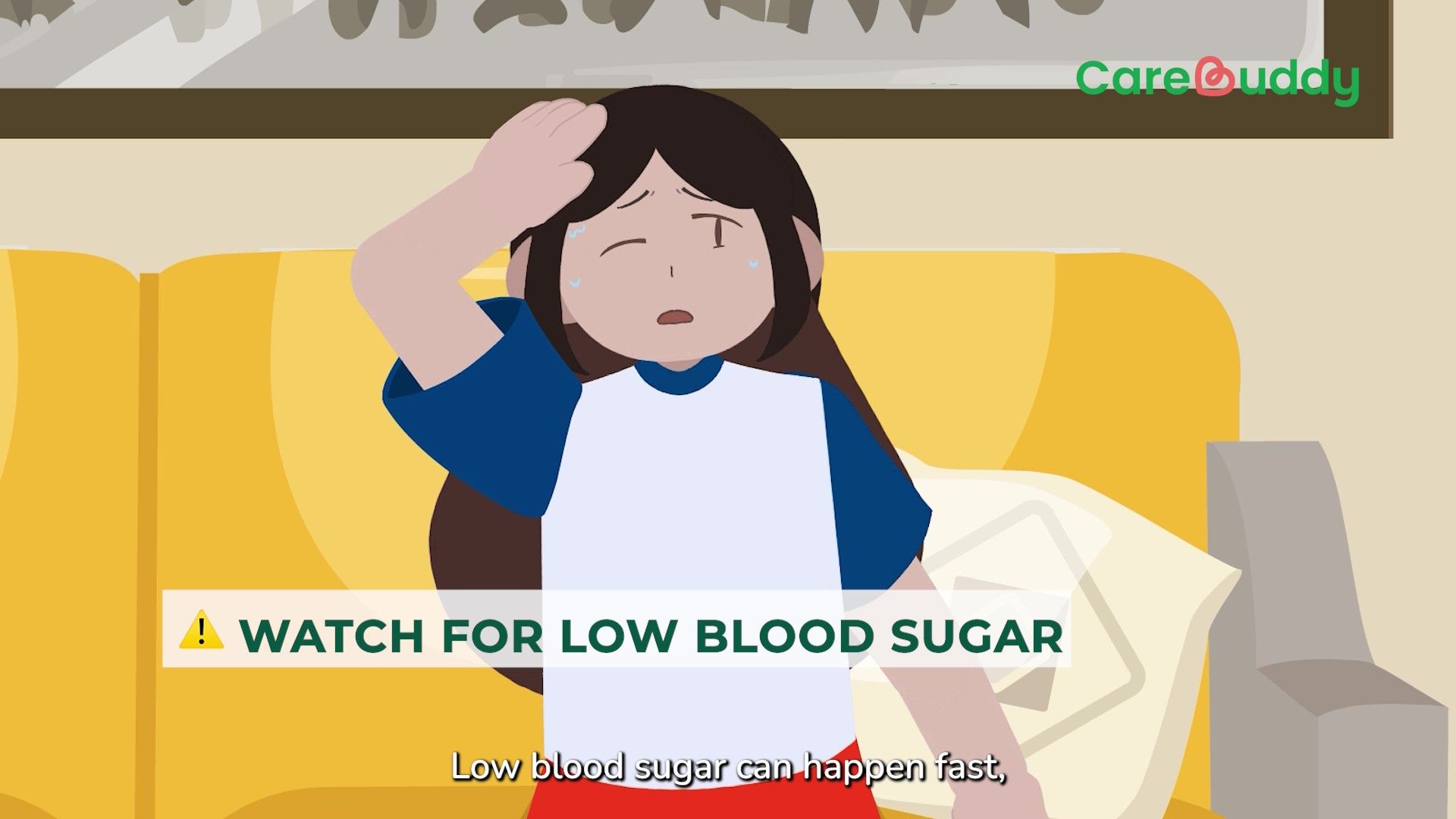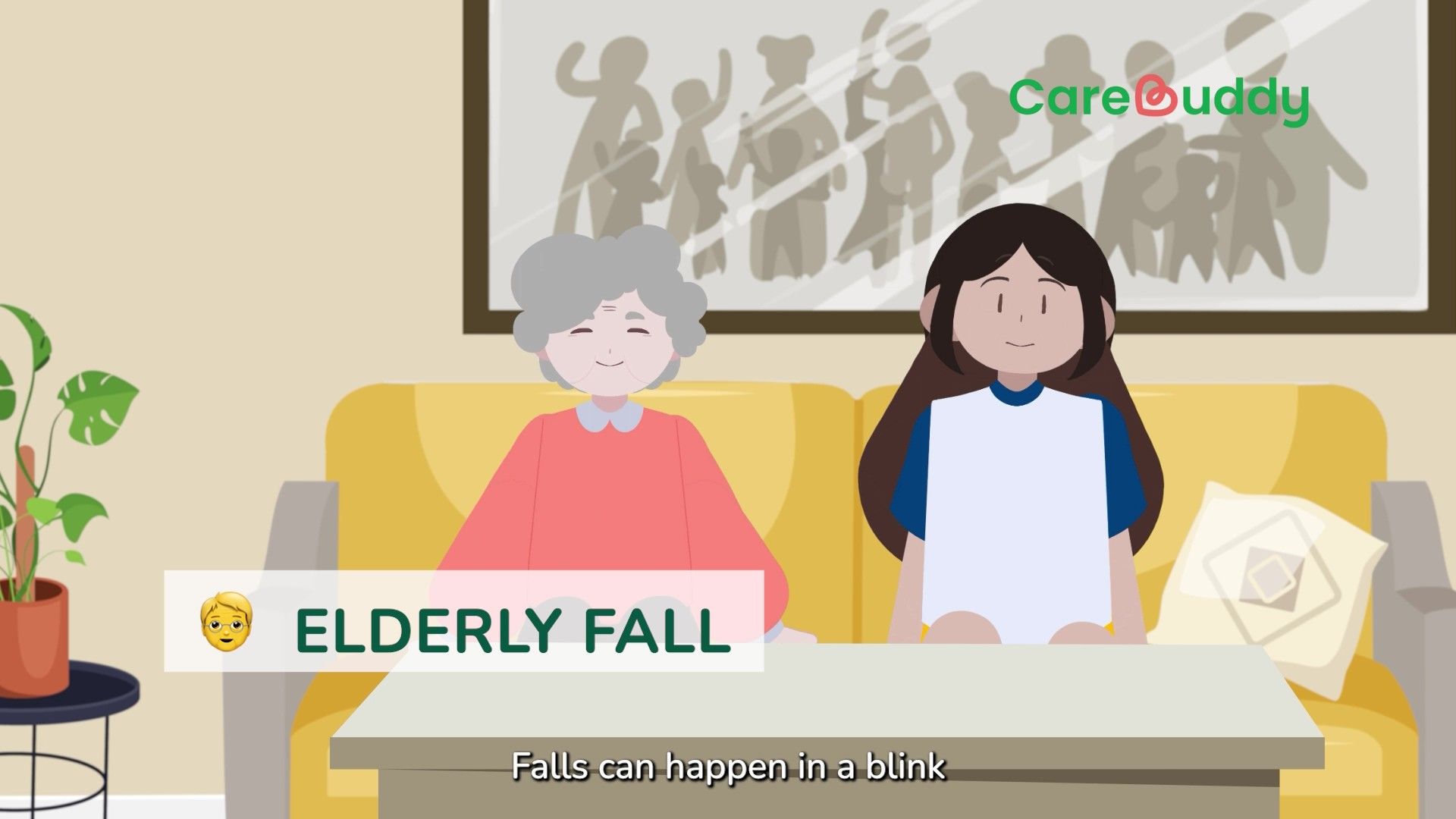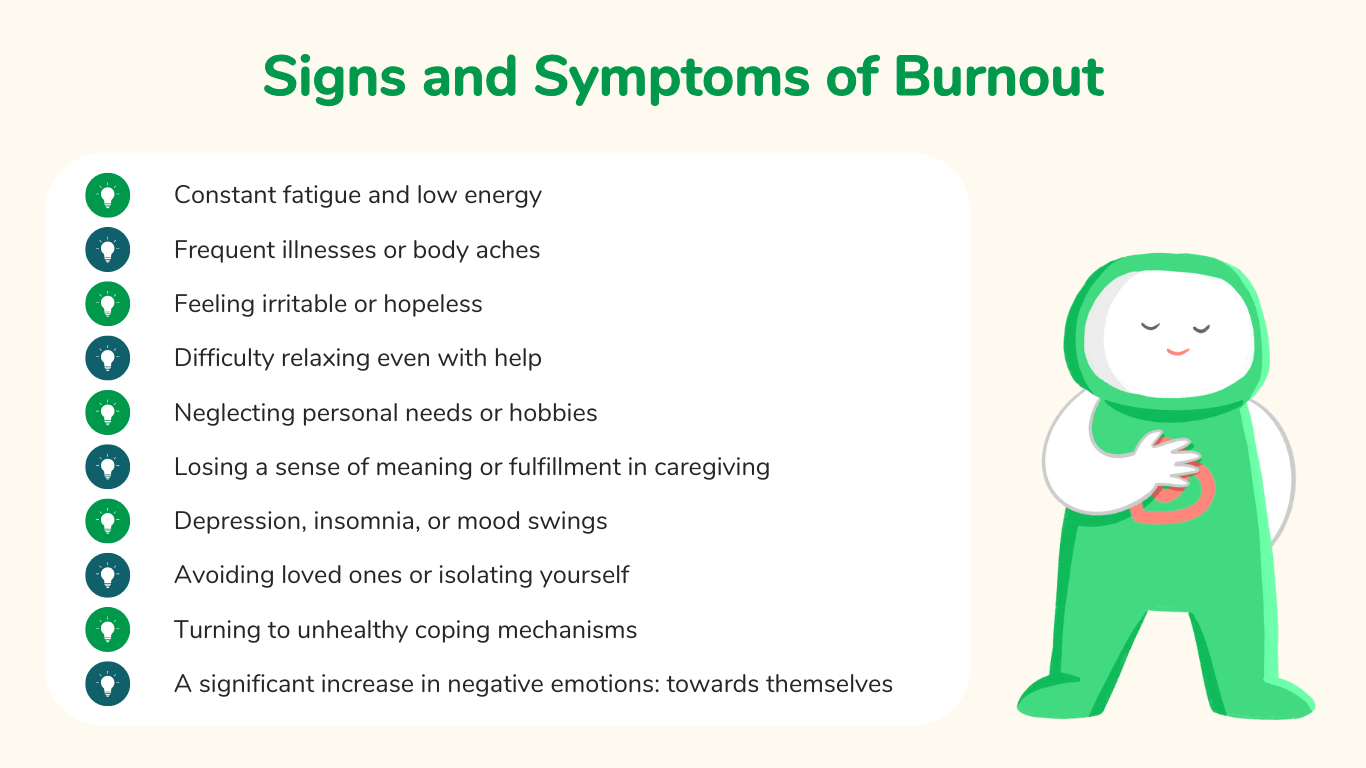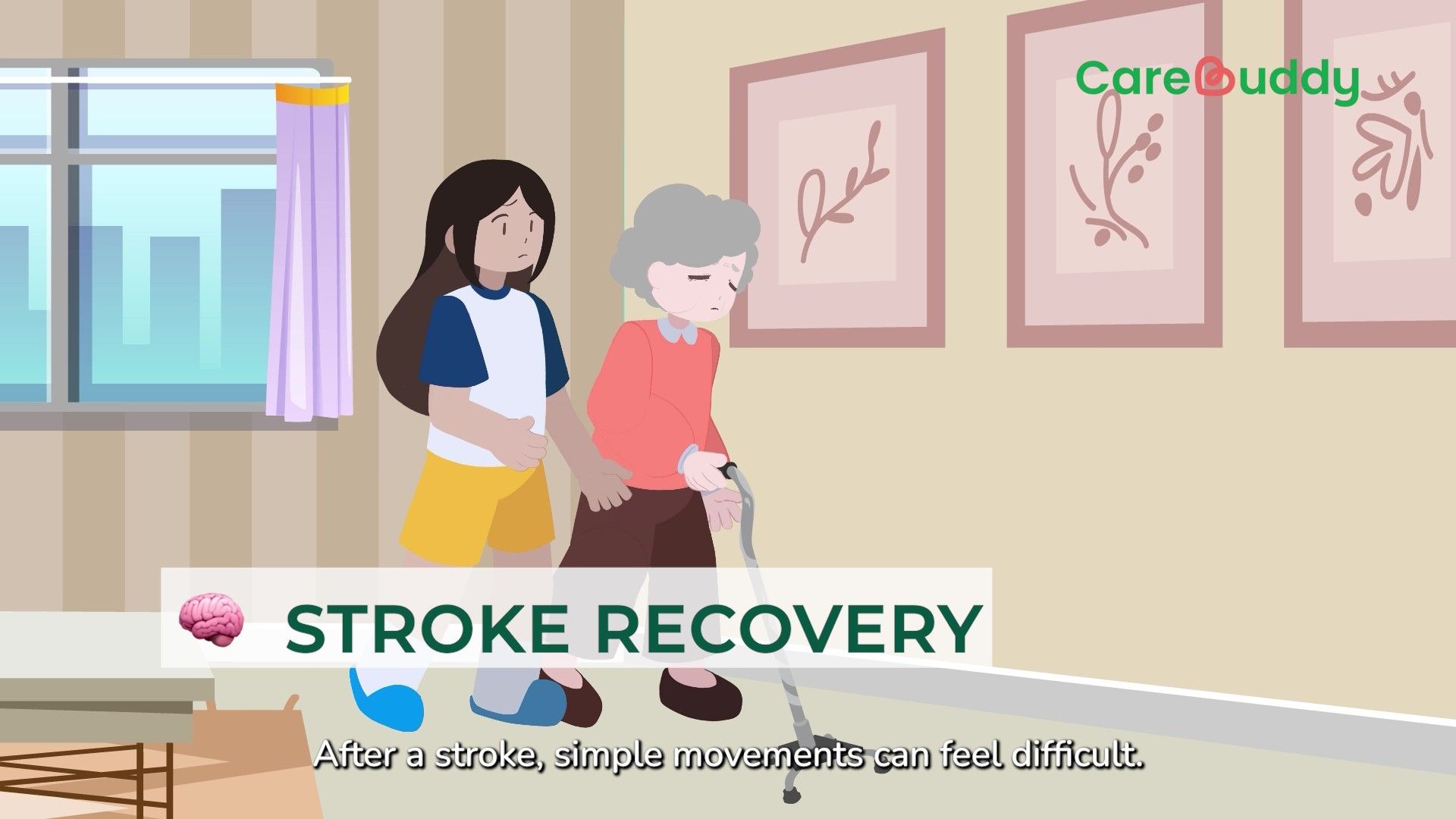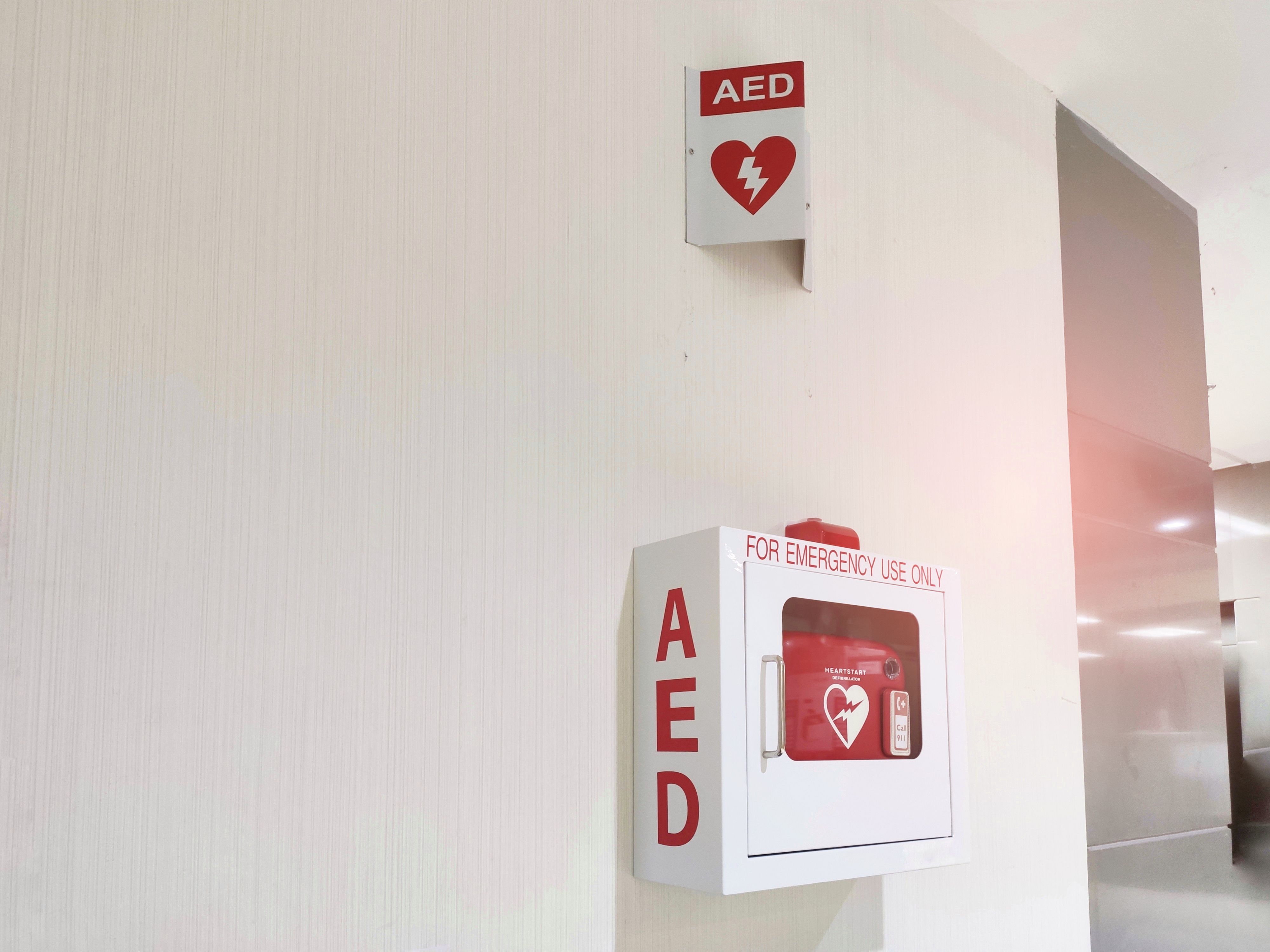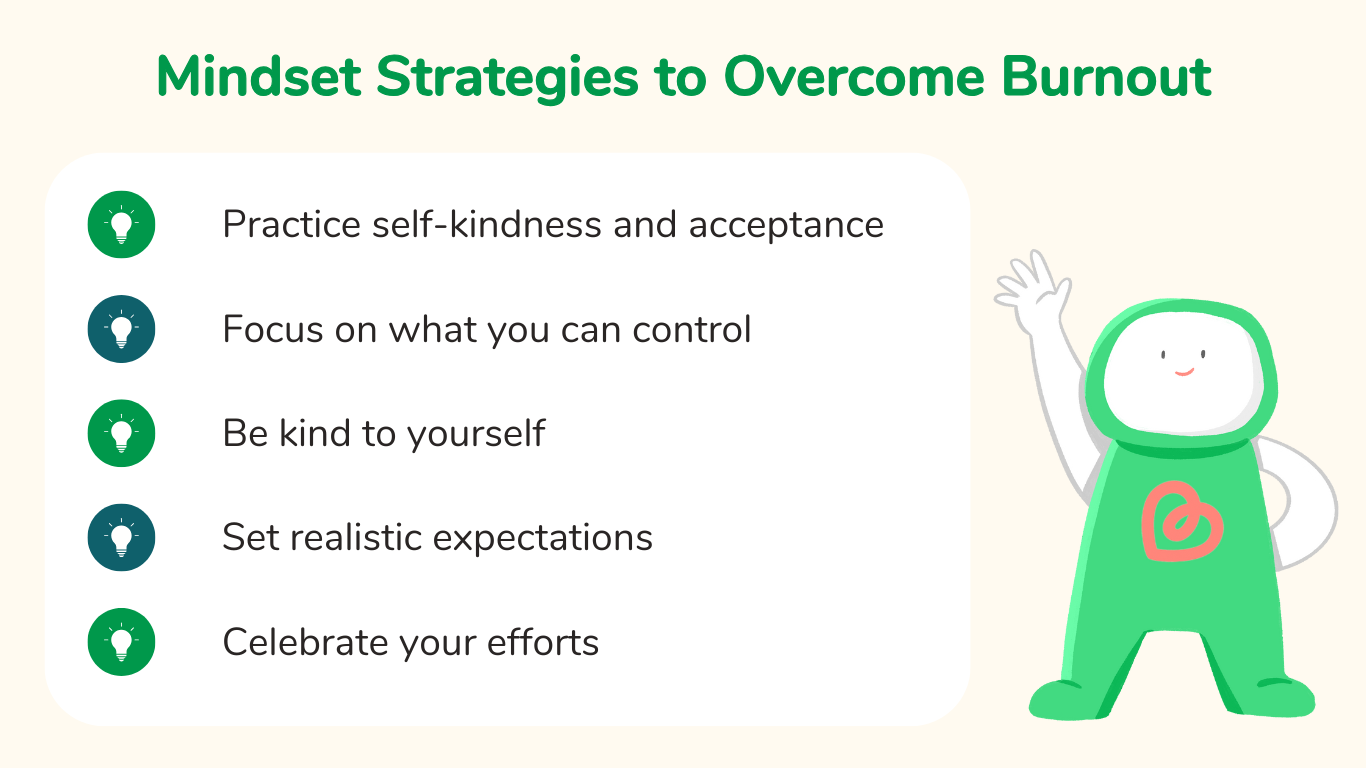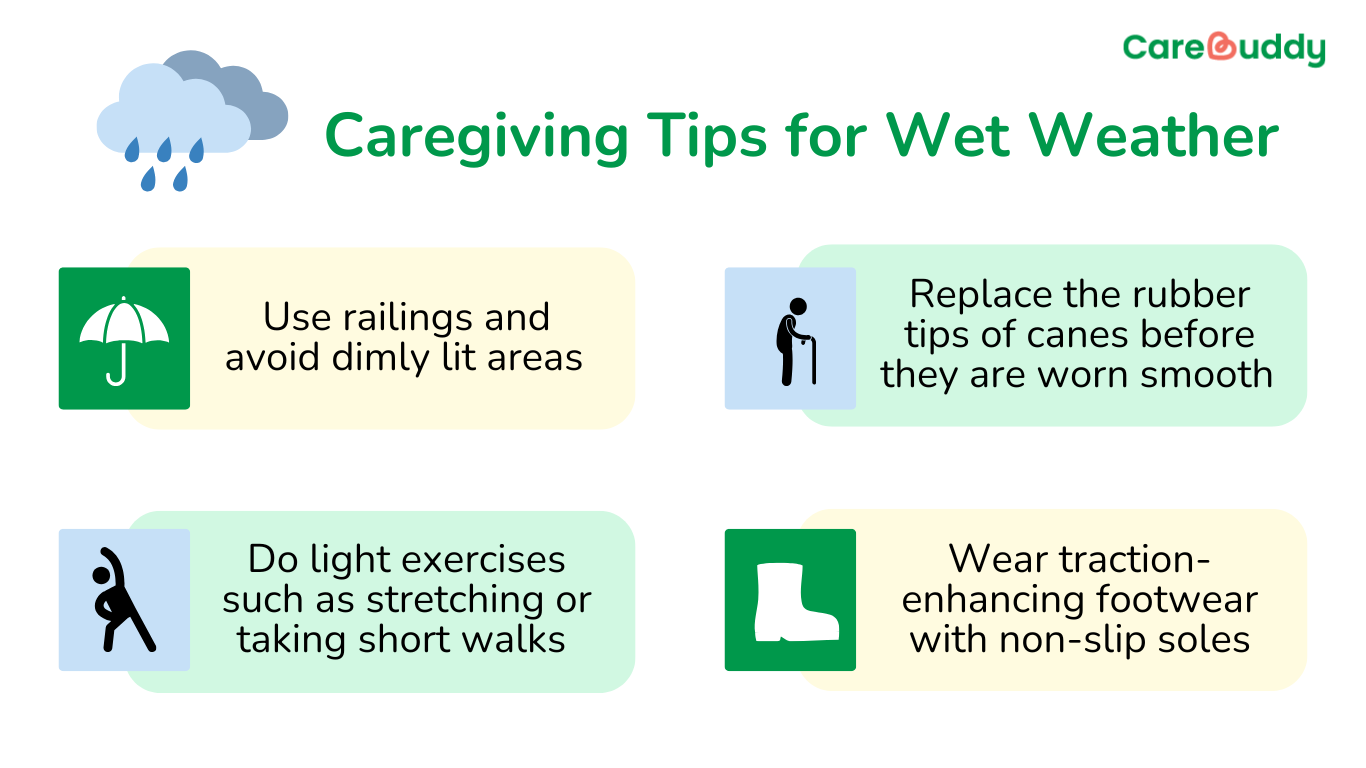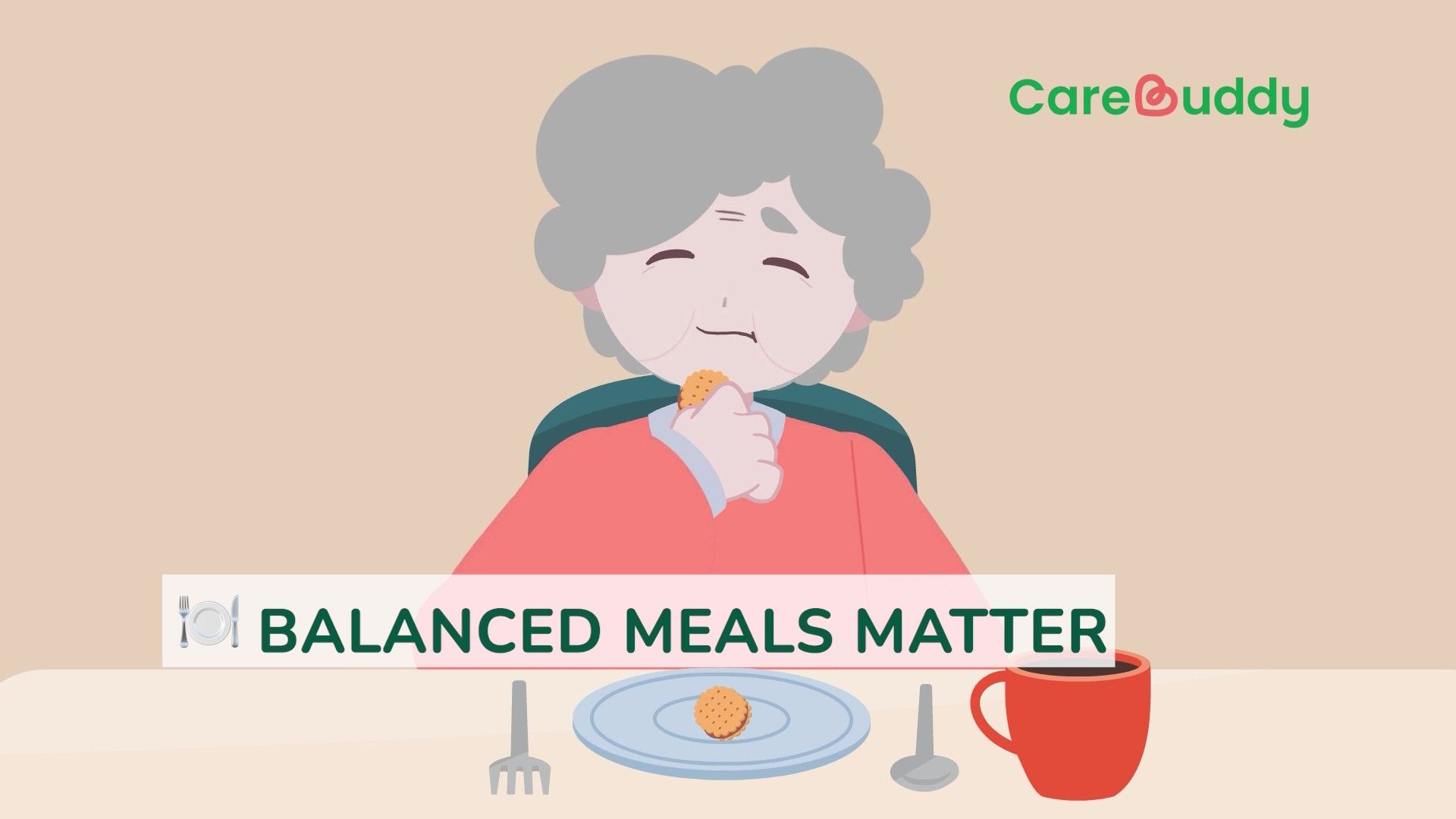Asthma: Breathe easy knowing you can manage it
- CareBuddy
- 4 Mins Watch
- 20 Sep 2022
- Respiratory Diseases

Asthma: Breathe easy knowing you can manage it
Asthma is a chronic lung condition in which airways are overly sensitive and can narrow (constrict), swell up (inflame) or produce extra mucus. This makes it harder for air to flow out of our airways when we breathe, hence the breathing difficulties commonly associated with the condition.
Asthma can be triggered by exposure to allergens such as pet dander, dust mites, pollen and mould. Non-allergic triggers such as smoking, pollution, cold air and weather changes can also aggravate it.
For some people, asthma is just a minor nuisance. For others, it’s a major problem that interferes with daily activities and can be life-threatening. There’s no cure for this condition, but the right knowledge can help a person and their caregivers manage it such that it doesn’t impede quality of life significantly.
Symptoms of asthma
- Common symptoms include
- Breathlessness (struggling for air)
- Severe coughing (especially at night or early morning)
- Wheezing (whistling sound during exhalation)
- Pursed lips
- Flaring of nostrils
- Chest tightness
- Distress and anxiety
- Difficulty sleeping
Asthma attack
During an asthma attack, symptoms become much worse. An attack sometimes starts with coughing. The chest may feel tight like someone is sitting on it. Some sufferers say it’s like having air sucked out of them or trying to suck air in using a straw.
First aid during an asthma attack
Place the person in a sitting-up position. Reassure them and help them relax.
Tell them to breathe slowly and deeply.
Help them inhale a Ventolin/Salbutamol puff. This is a medication commonly carried by asthma sufferers in the form of an inhaler. Tell them to take a puff every 30 to 60 seconds until they have had 10 puffs.
Call 995 for emergency medical help if symptoms persist or are getting worse, or if the person is getting exhausted.
If emergency medical help has not arrived within 15 minutes, repeat up to 10 inhaler puffs every 20 minutes
Treatment for asthma
Medication:
Quick-relief medication such as Short Acting Beta Agonists (SABA) include the commonly-used Ventolin(Salbutamol). Asthma sufferers with frequent or severe attacks are encouraged to always have this medications on them, e.g. in the form of inhalers in their shirt or trouser pockets.
Long-term control medication such as anti-inflammatories (such as steroids, which treat the inflammation associated with asthma), immunomodulators (helpful for asthma triggered by allergies) and long acting bronchodilators (which relaxes the muscles around the airways of the lungs)
A combination of quick-relief and long-term medication
Injections of a form of medication called biologic therapies can help for those with severe asthma. They are only suitable for some asthma sufferers and may y be prescribed by an asthma specialist.
Bronchial thermoplasty (a form of surgery) is sometimes offered as a treatment for severe asthma.
If you know that a specific substance is triggering asthma in a person, you can take steps to ensure that the triggering substance is removed from their living and working environment.
Though there’s no cure for asthma, some or all of these above-mentioned steps can ensure that a person with asthma can manage their condition effectively and continue to enjoy a high quality of life.
Article reviewed by Dr Kenneth Koh Eu Min, Medical Director and Co-founder, OneCare Medical




















